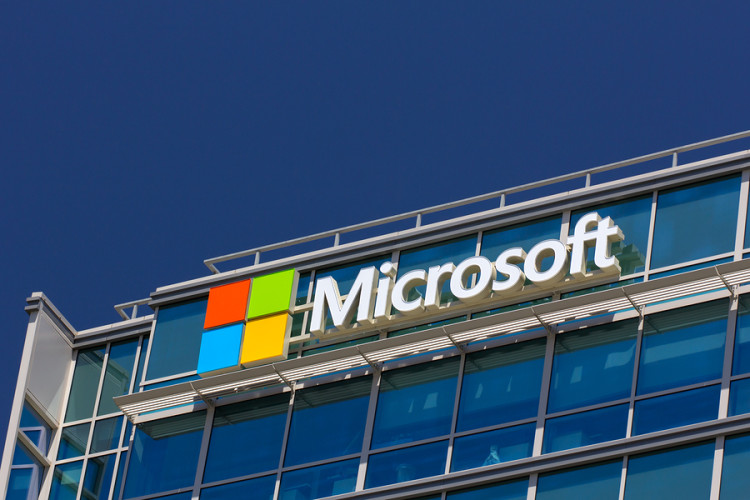Bloomberg Business: Microsoft Lines Up Spartan Browser as Explorer’s Moment Fades

Copyright 2015 Bloomberg.
NIK0JD6K50YP
(Bloomberg) — Microsoft Corp. has long tried to make Internet Explorer a modern browser capable of matching the appeal of Google Inc.’s Chrome and Mozilla Corp.’s Firefox. After years of losing market share, it’s starting over.
The software maker unveiled Project Spartan, a browser built to be faster, more focused on putting content front and center, and capable of handling modern Web-programming standards. It includes Cortana — Microsoft’s voice-enabled personal search assistant — and the ability to annotate Web pages with a stylus or mouse and share thoughts through e-mail and social media or save them to the cloud.
While Internet Explorer will also be included in Windows 10 for corporate customers who still need it, Spartan will be the main focus in Windows 10, Microsoft’s newest operating system, shown Wednesday at an event in Redmond, Washington.
“With Spartan, we will wind up with a modern browser experience that behaves more like what users have shown themselves to like in Firefox and Chrome,” said Wes Miller, an analyst at Directions on Microsoft in Kirkland, Washington.
In the main presentations on Windows 10, the company didn’t address the relationship between Internet Explorer and Project Spartan. In an interview later Wednesday, Chief Marketing Officer Chris Capossela explained Microsoft’s thinking: The majority of people will use Spartan, he said, and some of them won’t even realize Explorer is loaded in Windows 10.
Corporate customers, though, can choose to load just Internet Explorer as their browser if they wish, and it will be available to them for specific business apps that need it to run. Microsoft is also still taking feedback on how the dual- browser approach works, and hasn’t said whether there will be a default choice, he said.
Browser Share
Internet Explorer held a 59 percent share of the desktop browser market in December — still the largest such program, yet well below the 97 percent it boasted in 2003. Chrome had 23 percent and Firefox 12 held percent last month, according to Web-analytics firm NetMarketShare.
On the mobile side, Apple Inc.’s Safari held the top spot, with 44 percent, thanks to the popularity of iPhones and other mobile devices. Chrome came in at 24 percent. Further down the list, Internet Explorer held a 2.3 percent market share on tablets and phones.
Spartan will also work on mobile devices, giving the company more of a fighting chance as users increasingly do their computing on smartphones and tablets.
Halo Names
The code name Spartan sticks with the theme of taking product titles from Microsoft’s Halo video game, after borrowing the moniker Cortana from the game for its real-life voice- enabled digital assistant. In the Halo game series for Xbox, Spartans are the genetically modified human supersoldiers that battle the alien baddies.
Microsoft spent hundreds of millions of dollars in the late 1990s to catch up to Netscape, pioneer of the Web browser. In the process, the world’s largest software maker triggered a federal antitrust case that ended with it being branded a monopolist. Internet Explorer finally passed Netscape’s Navigator in 2000. Once it was in the lead, Microsoft cut staff and spending on the browser until the emergence of Firefox forced it to build its staff again — and Explorer’s share has been on the wane ever since.
To contact the reporter on this story: Dina Bass in Seattle at dbass2@bloomberg.net To contact the editors responsible for this story: Pui-Wing Tam at ptam13@bloomberg.net Jillian Ward







No Comment